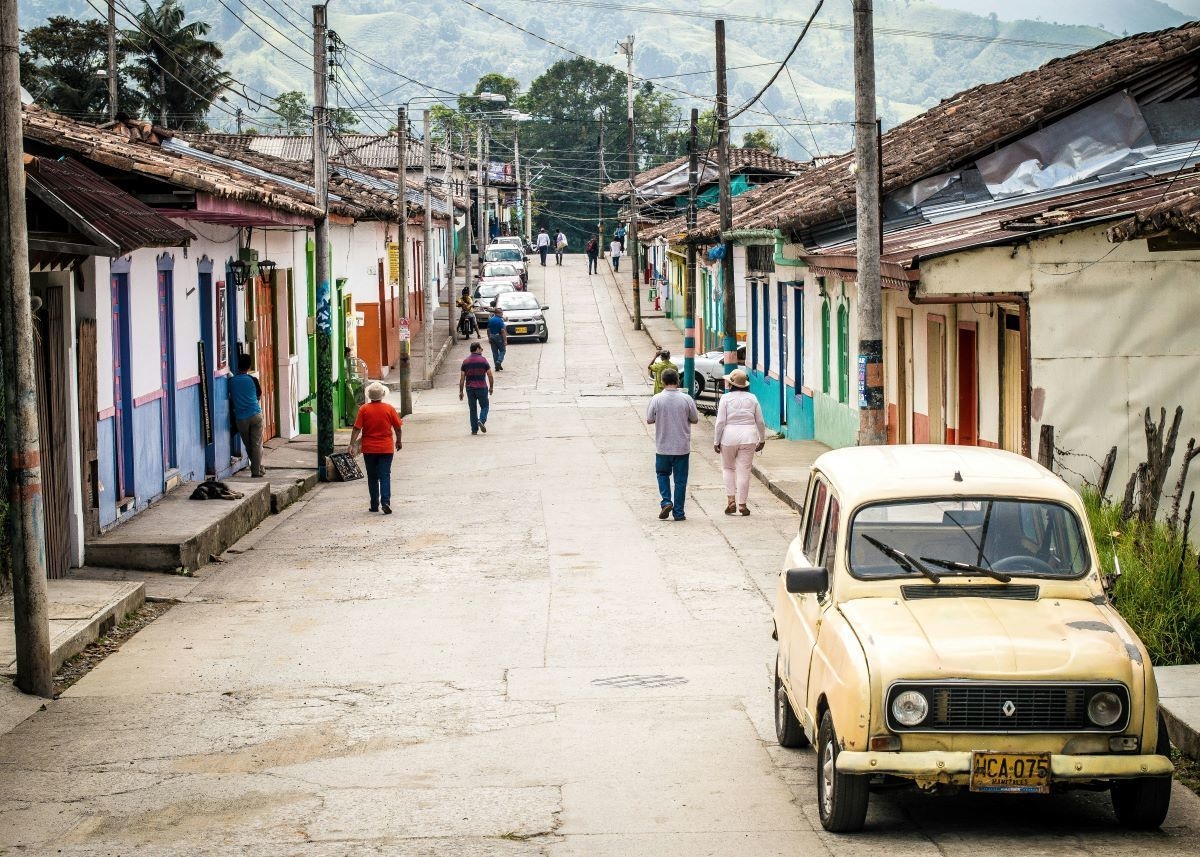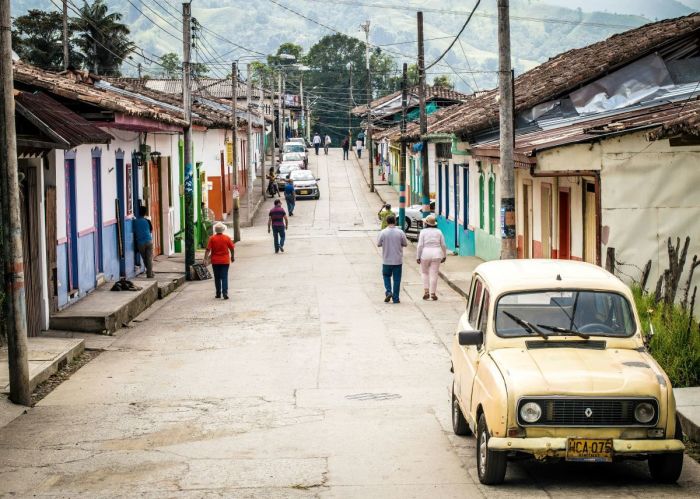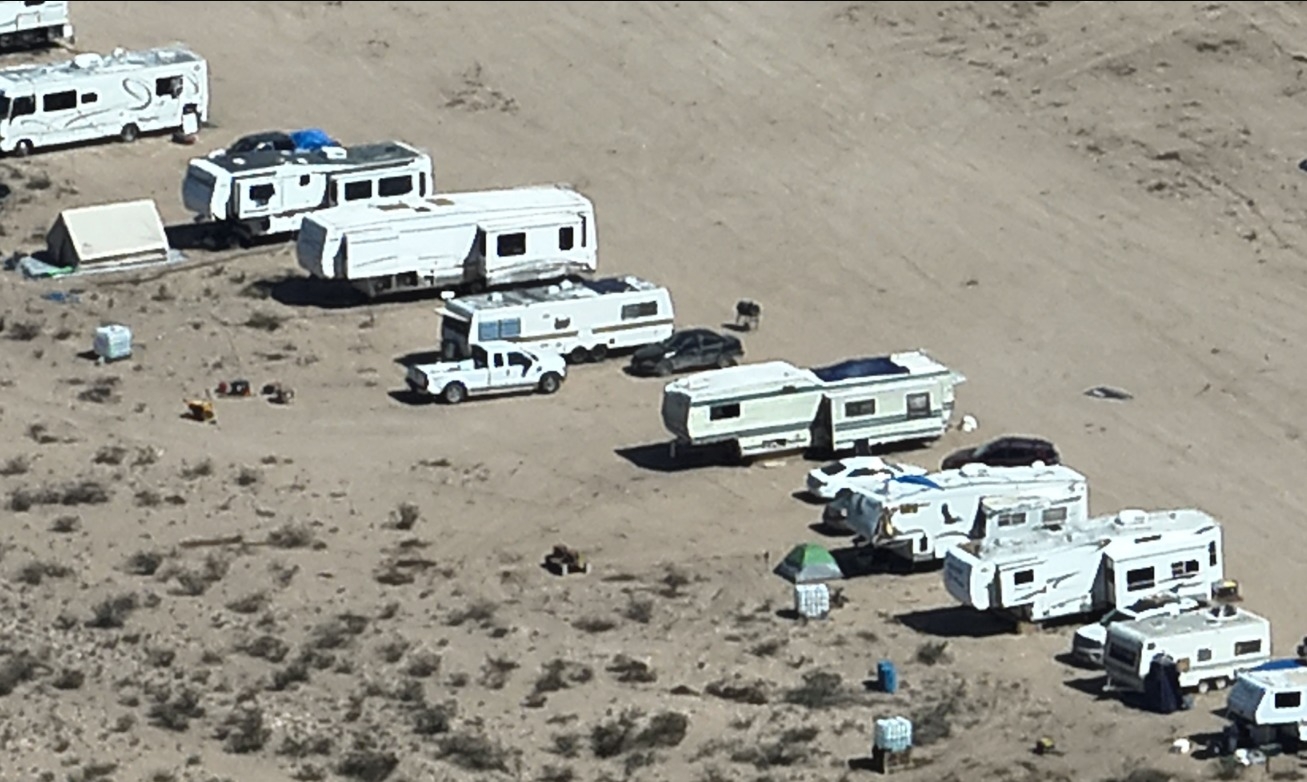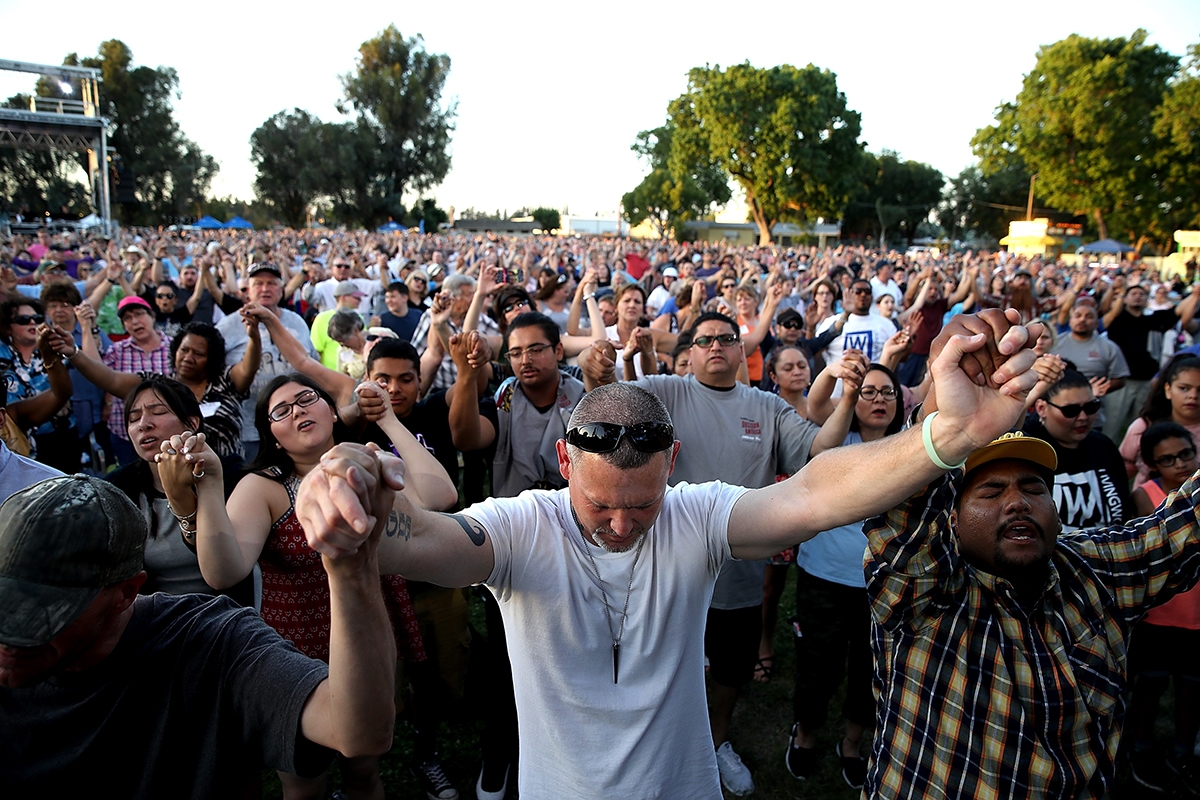

Published on: 10/20/2025
This news was posted by Apex Wealth Advisors
Description

A Protestant pastor has been ordered to leave his home and church in southwestern Colombia by the local indigenous council. The ultimatum warns of unspecified punishment if he and his family remain.
Pastor Aristides Chocue, who leads a small church in the village of Betania, was given a deadline of Oct. 17 to leave after the council met on Oct. 2 to decide his case, the U.K.-based religious rights group Christian Solidarity Worldwide reported. Betania is part of Cauca, a mountainous and conflict-prone department where many communities are governed by traditional indigenous authorities.
Chocue has lived and worked in Betania since February 2022. Local leaders have repeatedly ordered him to conduct religious activities only in line with traditional customs. He has refused, however, saying his right to worship freely is protected under Colombian law and international treaties. Backed by the Nasa Evangelical Christian Church, Chocue said he intends to continue his work.
He said the church has asked him to stay and that he intends to continue his work despite the threat.
“The church tells me to continue, not to leave them. I plan to continue working, trusting in God,” he told CSW. “However, [the community] already has a history of violence against church members, and this could happen again with me and my family.”
Religious tension in Betania has been building for more than a decade. Protestant Christians there have reported threats, harassment and closures of their churches. In 2012 and again in 2021, buildings used by Christian groups were violently attacked by traditional authorities, CSW said.
A formal resolution passed on Nov. 2, 2021, banned all talks with Christian churches and ordered the closure of their religious spaces. That directive, still in place, violates Colombia’s constitutional guarantees of religious freedom and breaks international legal obligations, including the Inter-American Human Rights Convention and the International Covenant on Civil and Political Rights, according to CSW.
Children from Protestant families have also been affected. Some have been punished in school for refusing to take part in traditional ceremonies. Others have reportedly been denied full access to health and education services because of their families’ religious beliefs.
A local Protestant leader told CSW, “They tell us we must accept their ideology or withdraw. But we just want to live in peace, educate our children, and follow our beliefs without fear.”
Local Protestants said they asked Colombia’s Attorney General’s Office and Prosecutor’s Office to intervene, warning of the threat of forced displacement. But those institutions reportedly referred the matter back to the indigenous authorities, saying it was not within their jurisdiction.
Despite the rising tension, Protestant leaders in the region say they are open to dialogue if certain conditions are met. They are asking for a public apology from the traditional council, protections for children who decline to participate in indigenous rituals, and an end to what they describe as religious discrimination. “We want peace, but with justice and respect for [our] faith,” a spokesperson said.
Anna Lee Stangl, CSW’s advocacy director, said the Colombian government has a duty to uphold religious freedom for all citizens, including those living under indigenous governance. She called for immediate steps to restart dialogue between the council in Betania and Protestant representatives.
The pressure on Chocue comes at a time when Colombia’s Protestant community is already mourning a separate tragedy.
In July, authorities discovered a mass grave in the rural municipality of Calamar, in Guaviare Department, containing the remains of eight Evangelical pastors who had been missing for months. The victims were from Arauca and had traveled to the area to carry out humanitarian and spiritual work.
Investigators say the group was summoned in April by dissident members of the Revolutionary Armed Forces of Colombia, or FARC. The summons came from a faction called the Armando Ríos Front, under the command of Iván Mordisco. Authorities believe the killings were intended to prevent what the group suspected was an expansion of the National Liberation Army, or ELN, into the region. Prosecutors have said there is no evidence linking the pastors to either armed group.
News Source : https://www.christianpost.com/news/colombian-pastor-told-to-leave-after-council-ultimatum.html
Other Related News
10/21/2025
By Leonardo Blair Senior Reporter Tuesday October 21 2025Attendees raise their hands in ...
10/21/2025
It has taken me most of my life to understand who I am and my purpose in life I had ne...
10/20/2025
By CP StaffMonday October 20 2025Texas Attorney General Ken Paxton alleges the West Texa...
10/20/2025
By Anugrah Kumar Christian Post Contributor Monday October 20 2025The audience at a BGEA...
10/20/2025












